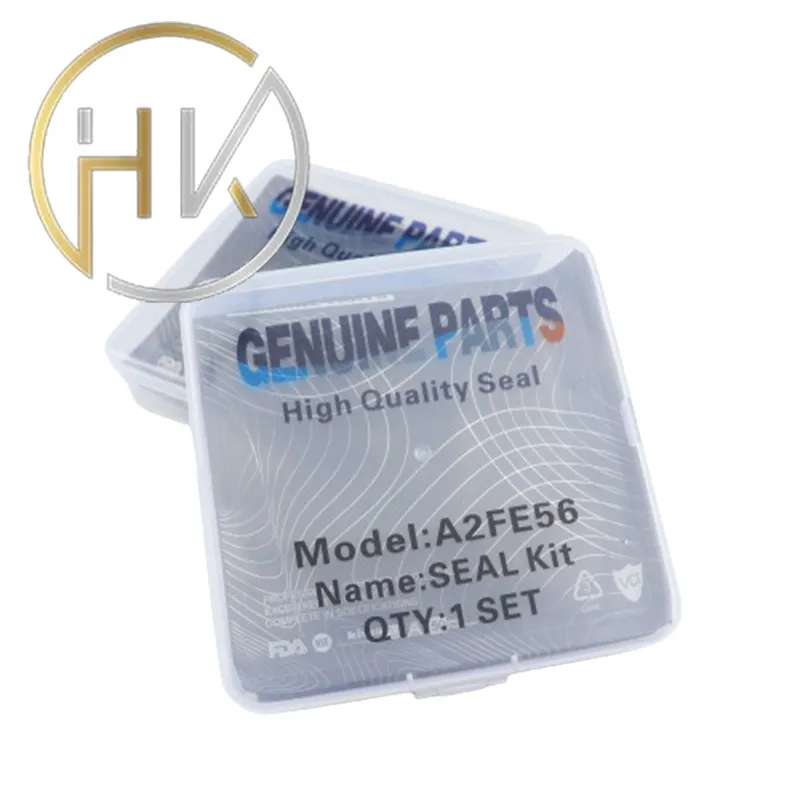Aug . 30, 2024 10:14 Back to list
High-Quality Axle Hub Seals for Durability and Performance
Understanding Axle Hub Seals Their Importance and Functionality
Axle hub seals are vital components in automotive and heavy machinery engineering, playing a crucial role in maintaining the integrity and functionality of the vehicle's axle systems. The axle hub, essentially the interface that connects wheels to the axle assembly, is inherently exposed to various external environments, including dirt, water, and debris. This is where the significance of axle hub seals becomes apparent.
What Are Axle Hub Seals?
Axle hub seals are specially designed to prevent lubricant leakage from the axle assembly while simultaneously blocking contaminants from entering the system. These seals are commonly made from durable materials such as rubber, silicone, or various synthetic compounds, which provide resistance to wear and tear caused by friction and environmental factors.
The primary function of an axle hub seal is to ensure that the lubrication within the axle assembly remains intact. This lubrication is crucial for reducing friction between moving parts, thereby extending the lifespan of components like bearings and gears. Without proper lubrication, these parts can overheat, leading to premature wear, possible breakdowns, and costly repairs.
Types of Axle Hub Seals
There are several types of axle hub seals, each designed for specific applications. The most common types include
1. Single Lip Seals These are the most basic form of axle seals, featuring a single sealing lip that presses against the axle shaft. They are effective in applications where there is minimal risk of contamination.
axle hub seal

2. Double Lip Seals Offering enhanced protection, double lip seals have two sealing surfaces that provide a barrier against dirt and moisture, making them ideal for rugged environments where exposure to contaminants is a concern.
3. Labyrinth Seals Instead of traditional sealing lips, labyrinth seals utilize intricate designs to create a complex pathway that fluids and contaminants must navigate, thereby providing an effective seal without significant pressure or friction.
4. Heavy-Duty Seals These seals are reinforced and designed for high-load applications commonly found in trucks and heavy machinery. Their construction allows them to tolerate extreme conditions, including high temperatures and pressures.
Importance of Regular Maintenance
Like any other automotive component, axle hub seals are subject to wear over time. Regular inspection and maintenance are essential to ensure they function correctly. Signs of a failing axle hub seal include unusual noises from the wheel area, oil leaks, or a noticeable decrease in lubrication levels. If detected early, replacing a worn seal can save vehicle owners from more significant issues and expenses in the long run.
Conclusion
In conclusion, axle hub seals are essential to a vehicle's performance and reliability. They protect vital components by preventing lubricant loss and keeping contaminants at bay. Understanding their functionality and maintaining them can help ensure the longevity and efficiency of a vehicle's axle system. Whether for personal vehicles or heavy machinery, paying attention to axle hub seals can lead to safer and more economical operations, underscoring their importance in the realm of automotive engineering.
-
Wiper Oil Seal: Our Commitment to Clean Hydraulics
NewsAug.13,2025
-
Hydraulic Oil Seal for Self Discharging Cars
NewsAug.13,2025
-
Hub Oil Seal for Agricultural Tractor Hubs
NewsAug.13,2025
-
Skeleton Oil Seal with NBR Material
NewsAug.13,2025
-
Rotary Lip Seal for High Pressure Applications
NewsAug.13,2025
-
Cylinder Seal Kits Our Legacy of Hydraulic Trust
NewsAug.13,2025
-
Unlocking the Potential of Hydraulic Systems with Essential Sealing Solutions
NewsAug.06,2025
Products categories
















